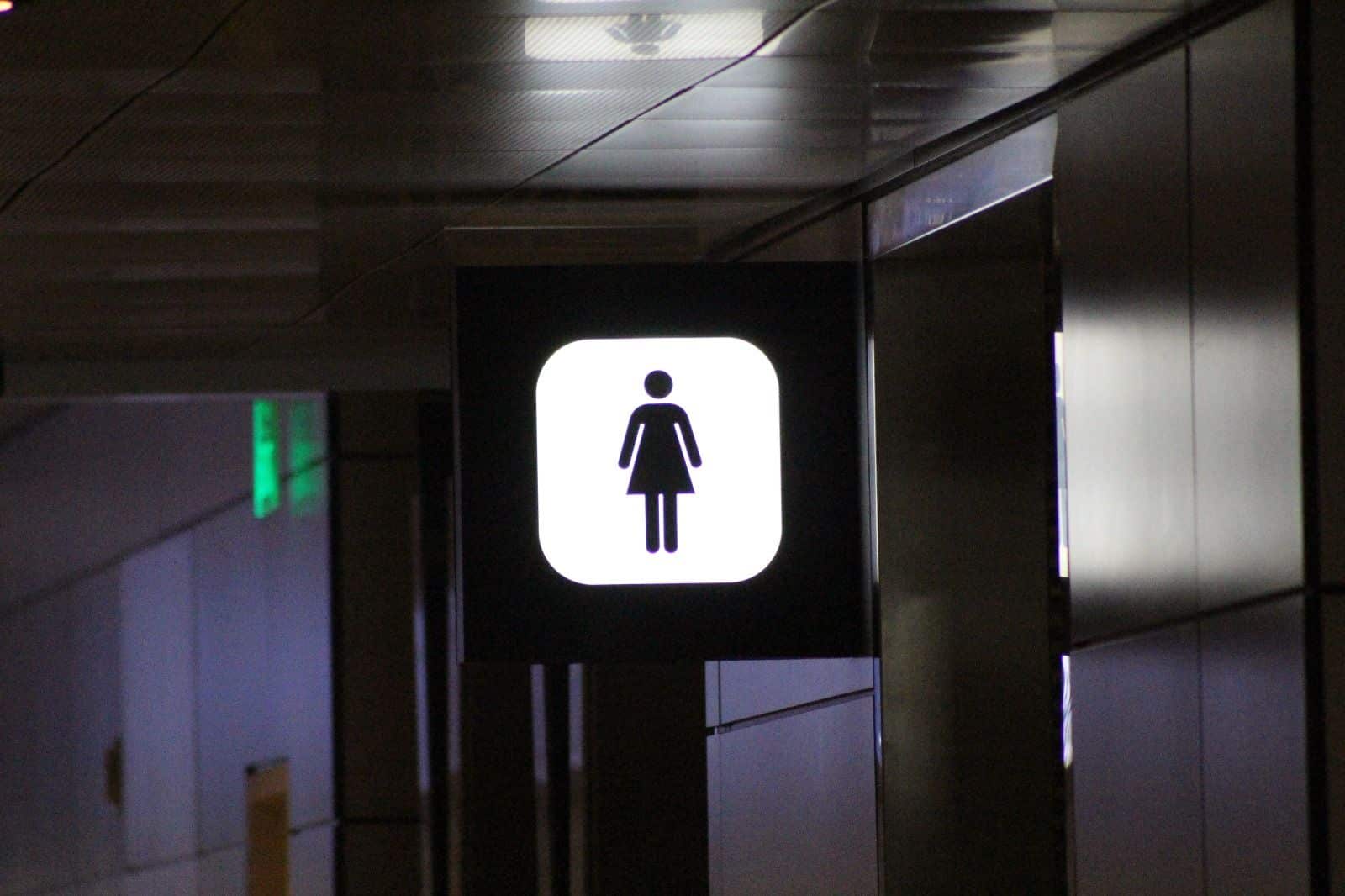Here’s the translation to American English:
—
A recent survey conducted by Rentokil Initial has revealed a troubling lack of awareness among Spanish women about their right to access menstrual hygiene products for free in public spaces. The study, which took place from April 23 to April 25, 2025, with a sample of 1,000 women aged 16 to 50, indicates that 71% of respondents are unaware of this regulation, which was established following the amendment of Organic Law 2/2010, concerning sexual and reproductive health.
The report highlights that 46.15% of participants have faced situations where they needed menstrual hygiene products without access to them in public places. This high percentage reflects a significant gap between legislation and everyday reality. According to the law, the aim is to ensure the availability of intimate hygiene products without the need for intermediaries, thereby protecting users’ privacy. However, only 12.69% of women who required these products in public spaces were able to obtain them.
In the absence of availability, respondents have turned to alternative solutions, such as asking friends for help in 58.01% of cases and looking for pharmacies in 50%. Unfortunately, 23.81% were forced to return home, and 11.69% opted to cancel their plans due to this lack.
The situation worsens when noting that 78.02% of participants have not seen dispensers for free products in the places where they should be available, and in areas like bars and shopping centers, this percentage rises to 83.12%. Those who have found dispensers report that irregularity in the amount of available products is a common issue, noted by 47.73% of respondents.
Despite these challenges, the majority of participants support the measure: 64.44% believe that the free distribution of menstrual hygiene products is “absolutely necessary.” Furthermore, the research shows that nearly a third (29.57%) would use these products regularly if implemented properly.
These results highlight the urgent need to raise awareness about this right and to improve the visibility and accessibility of dispensing points. Only then can the law fulfill its purpose of benefiting women in their daily lives.
via: MiMub in Spanish










